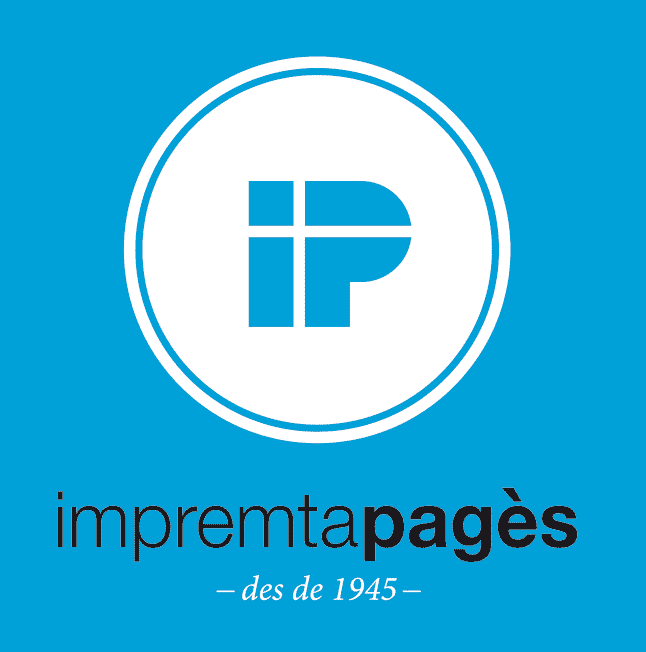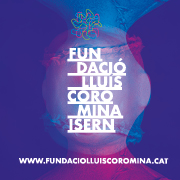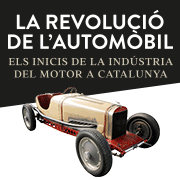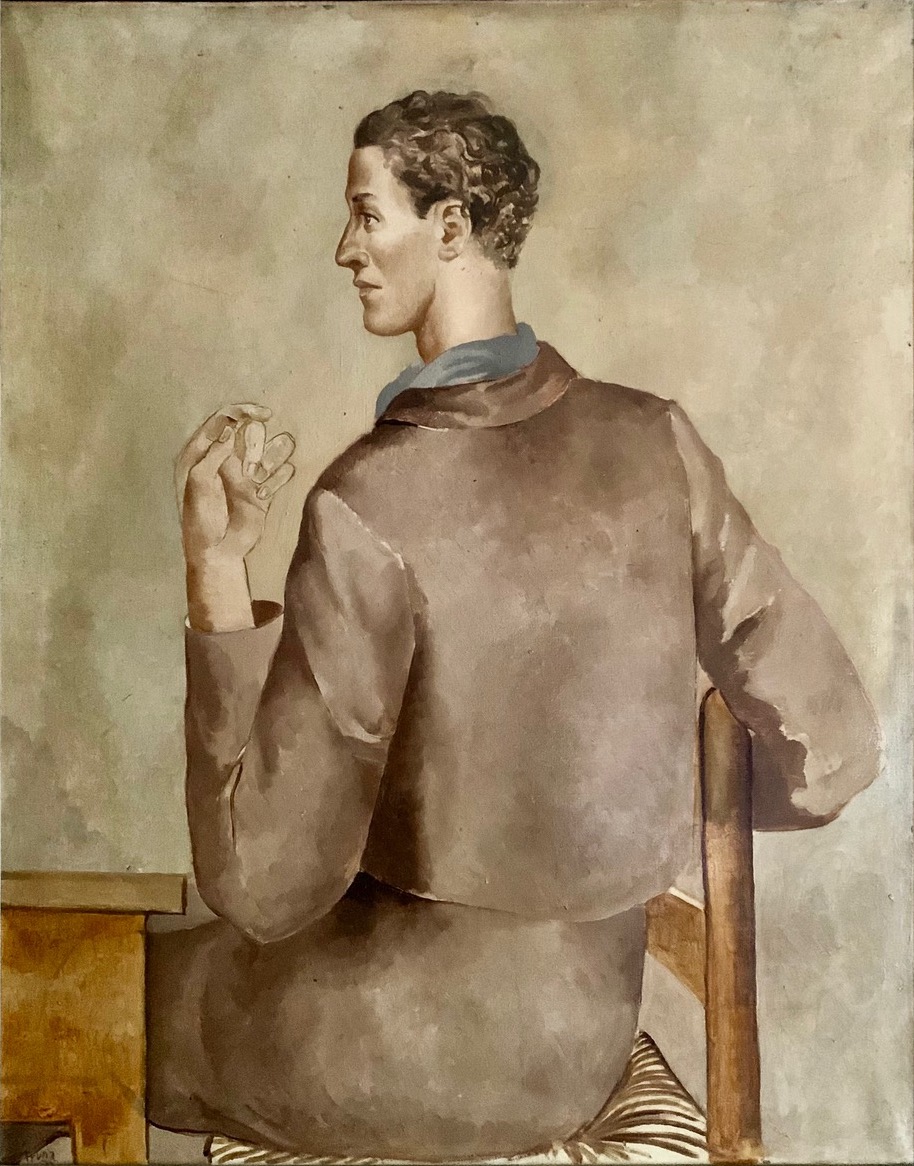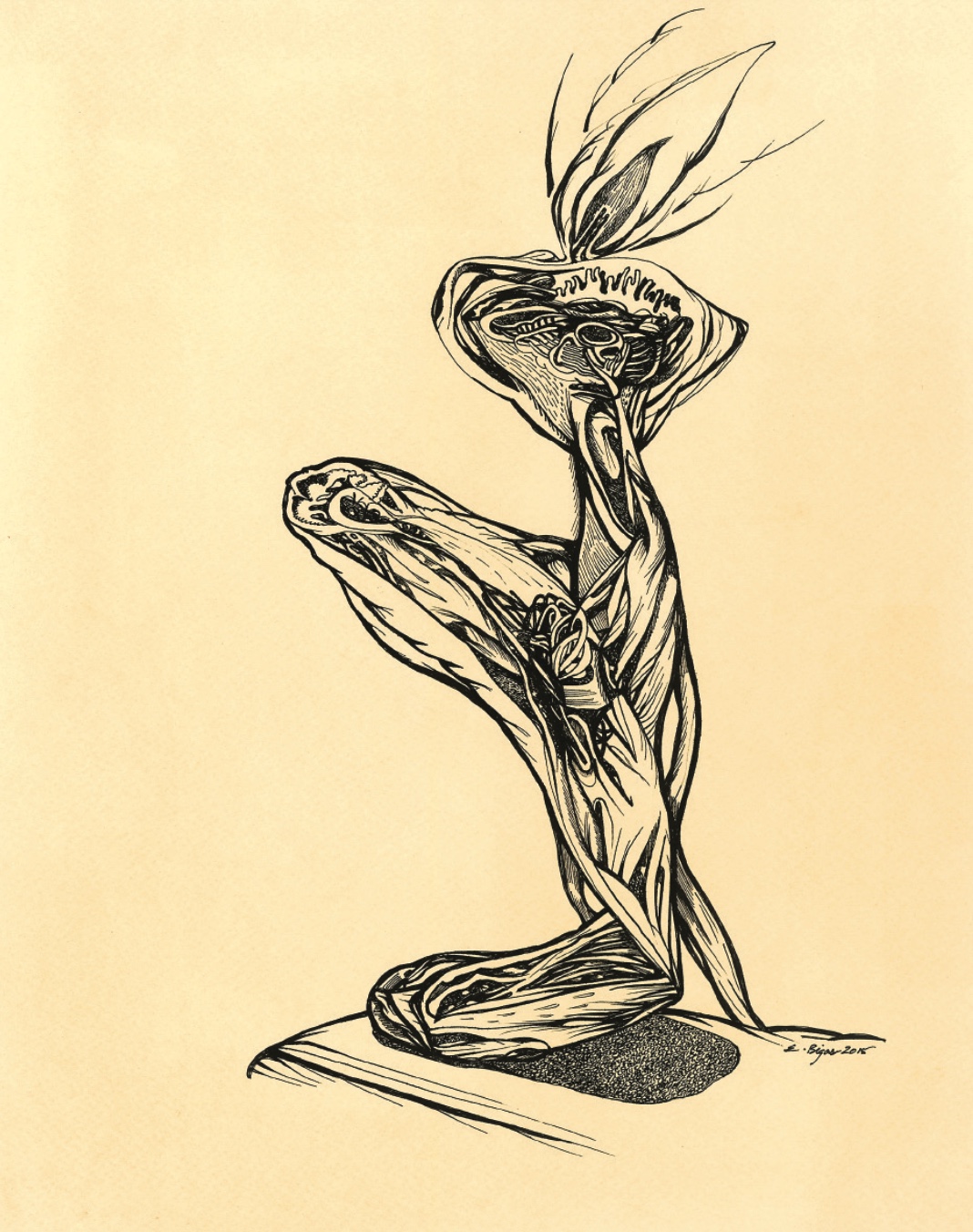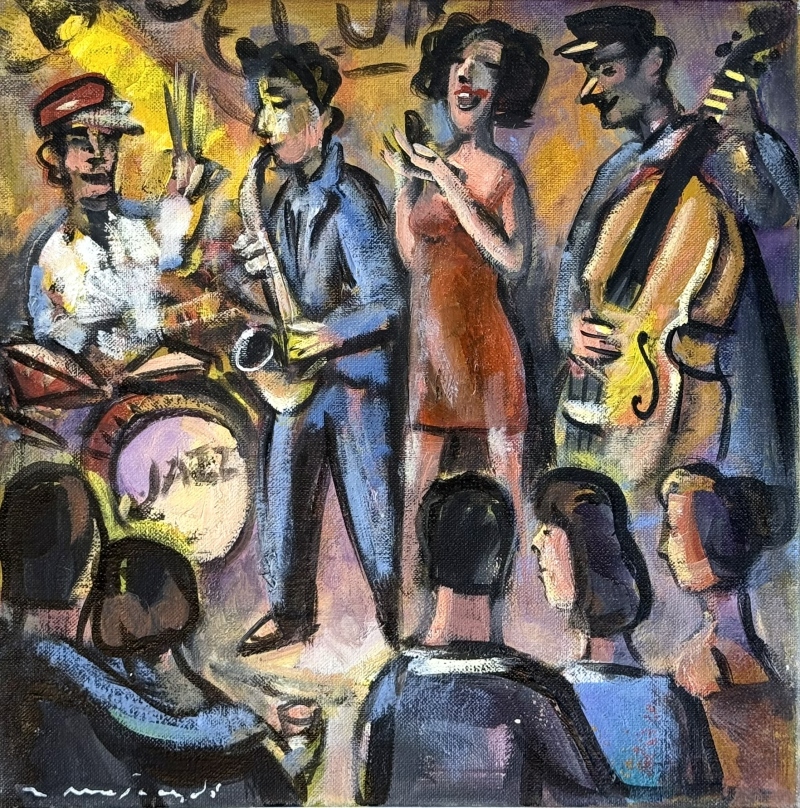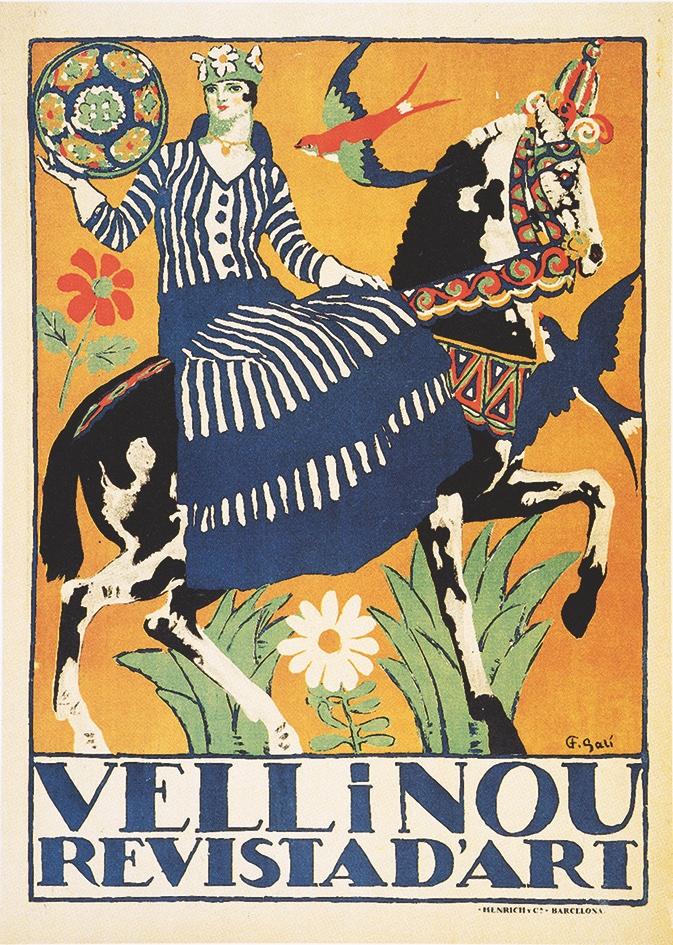Exhibitions
Coco Fusco: I learned to swim dry
An immersion in the tensions between language, body and power from art as a space for questioning.
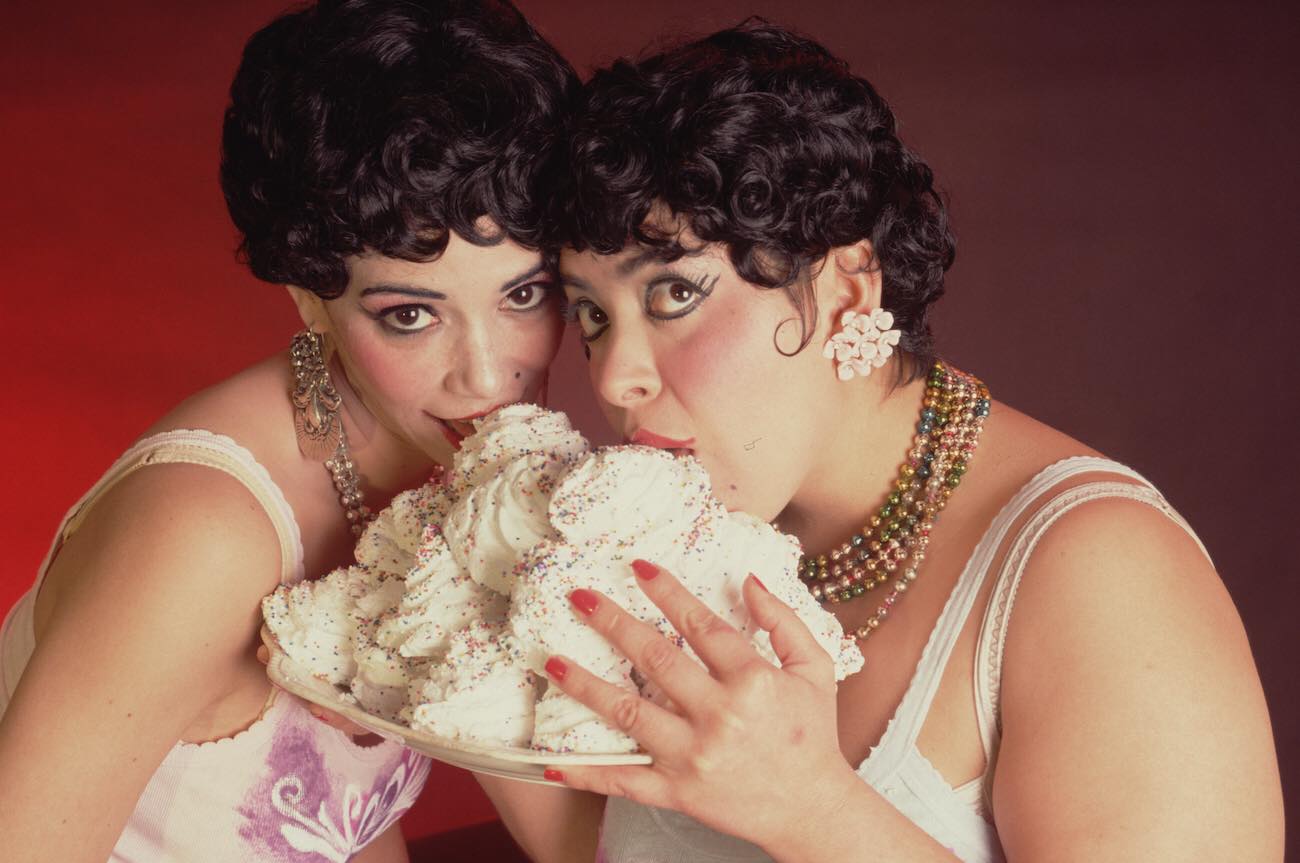
Starting tomorrow, MACBA presents a new exhibition dedicated to Coco Fusco (New York, 1960), an artist who, with a very personal perspective, but always connected to the collective context, has used her work to put her finger on the sore spot in issues such as racism, power, colonialism or the idea of nation. And she has done so by incorporating her own body, words and action as creative tools.
Until January 11, 2026, the museum displays I Learned to Swim Dry, an exhibition that includes a hundred pieces by the Cuban-American artist. The project, curated by Elvira Dyangani Ose, is the result of a collaboration with El Museo del Barrio in New York and has the support of the Ford Foundation.
 La parella a la gàbia: una odissea guatinaui, Coco Fusco (1993)
La parella a la gàbia: una odissea guatinaui, Coco Fusco (1993)
The title of the exhibition, which is the first sentence of the poetic micro-story Swimming written by Virgilio Piñera, serves as a gateway to the world proposed by Fusco: a reality where language, silence and performativity become spaces of confrontation. The exhibition is structured in several spaces that function as chapters within a broader story. For example, we find a critical look at the unfulfilled promises of the Cuban Revolution, or an approach to prison as a physical and symbolic setting of state control. The installation Aponte's Lost Podcast, produced especially for MACBA and with the participation of the imprisoned artist Luis Manuel Otero Alcántara, is an example.
There is also room to review the role of institutions and the art system. Fusco does not limit himself to pointing out; he proposes new ways of inhabiting art from confrontation, critical rereading and direct action. The Fusco Archive shows us this more analytical and activist facet of his practice with a documentation space where research, visual narrative, poetry and political criticism are mixed.
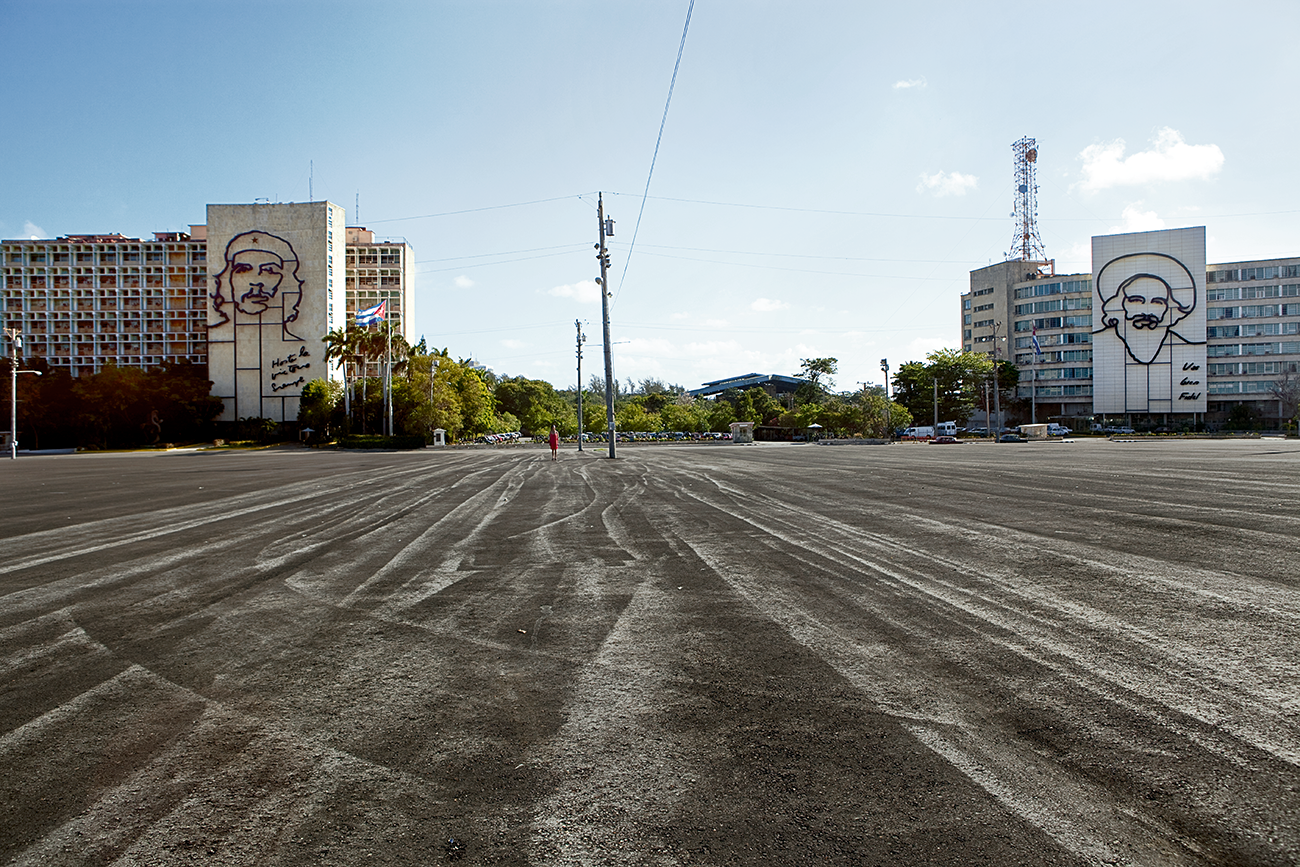 Morir soñando, Coco Fusco (2011)
Morir soñando, Coco Fusco (2011)
A significant part of the tour also includes collaborations with artist and performer Nao Bustamante, with whom Fusco has worked to address issues related to the construction of identity and gender representations. Two significant pieces from this creative dialogue can be seen: Stuff, a proposal that reflects on globalization, tourism and sexist roles; and Paquita y Chata, a performance that recovers the figures of Mexican Lupita dolls made of papier-mâché, traditionally associated with the image of prostitutes.
Fusco has been working for decades at this crossroads between thought, creation and denunciation. She has collaborated with diverse voices of Cuban culture, both within the island and in its diaspora, and has participated in events such as the Venice Biennale or the Whitney. What MACBA is now showing is an opportunity to delve into the journey of an artist who has known how to observe the world from an uncomfortable but necessary place, always putting the necessary questions on the table.
 Eu Sou Um Consumidor, Coco Fusco (2014)
Eu Sou Um Consumidor, Coco Fusco (2014)


